Politics
World Health Day promotes healthy futures for mothers and babies
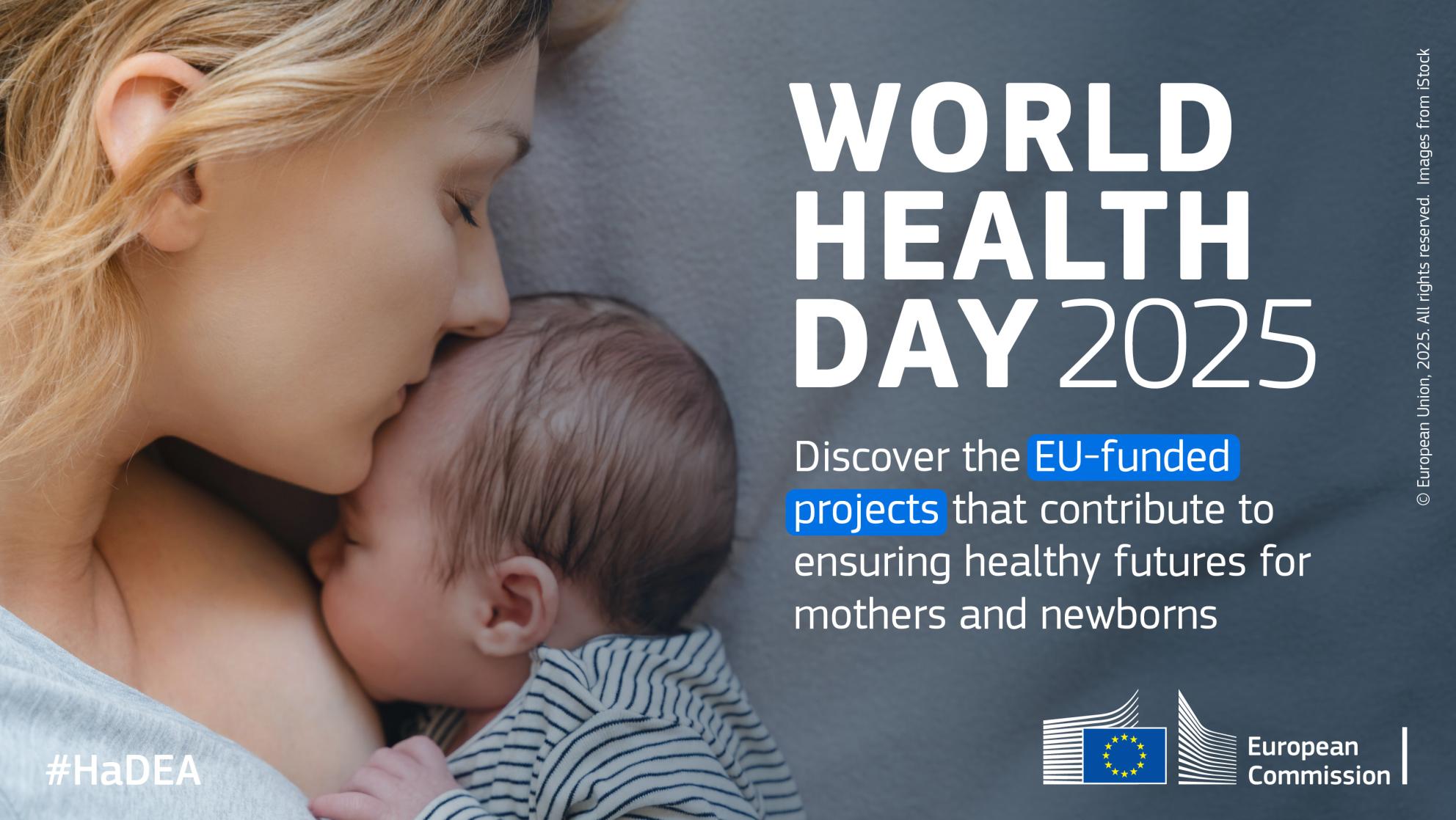
Improving maternal health remains a priority for the World Health Organization (WHO) and the EU. Although maternal mortality rates remain high in many regions globally, in the WHO European Region the maternal mortality rate declined by more than 50% between 2000 and 2020.
Care by skilled health professionals before, during and after childbirth can save the lives of women and newborns. That is why this year’s World Health Day, on 7 April 2025, focuses on drastically enhancing maternal and newborn health on a global scale. The WHO aims to raise awareness, provide useful health information, advocate for investments, and encourage collective action.
HaDEA manages EU-funded projects under the programmes EU4Health, Horizon Europe and Horizon 2020 that are committed to improving the health of mothers and babies.
Horizon
The recently finished Horizon 2020 project ALERT has achieved significant outcomes in the care for mothers and children in 16 hospitals in 4 countries in Africa – Benin, Malawi, Tanzania and Uganda: the perinatal mortality was reduced by 25% across these sites. This remarkable outcome was achieved through the co-design of interventions to define midwifery professionalism, the development of a training package that includes leadership mentoring and the improvement of quality care at childbirth – combined with the development of a perinatal e-registry to allow for impact calculation.
The project’s interventions could improve newborn health outcomes in hospitals at a reasonable cost in Sub-Saharan Africa, where high mortality and limited resources are common.
BornToGetThere, another recently finished Horizon 2020 project, has significantly enhanced early detection, surveillance, and intervention for infants at high risk of Cerebral Palsy (CP). This project has delivered tangible benefits by being the first initiative to develop and implement an International Clinical Practice Guideline across multiple countries, such as Italy, Denmark, Netherlands, Georgia, Sri Lanka and remote populations in Australia (Remote Queensland and Western Australia). It has also provided stakeholders with valuable educational resources. The project aims to extend training to more European countries as well as its methodology to other paediatric conditions.
The project managed to:
- Train over 1000 healthcare professionals in cutting-edge tools for the early detection and management of infants with CP and their families;
- Screen more than 5000 babies, identifying over 500 as high-risk for CP, and subsequently referring them to specialised intervention programmes.
The ongoing HIGH Horizons project examines how rising heat from climate change affects the health of pregnant and postpartum women, newborns, young children and maternity care health workers. As part of an expert group convened by the WHO, this Horizon Europe project aims to develop population-level heat-health indicators. Furthermore, HIGH Horizons is testing a prototype of a personalised heat-health early warning mobile app.
The project is also refining a tool to reduce the carbon footprint and heat of health facilities, enhancing overall wellbeing.
EU4Health
Mind the Mum is a project aiming at improving perinatal mental health (PMH) by designing tools and interventions to support mothers. For this purpose, the project is:
- Conducting nationwide needs analysis in Cyprus and Slovenia, for the transfer of lessons learnt and best practices from Poland and Spain;
- Building partnerships between health professionals, decision-makers and parent activists to co-develop effective prevention measures;
- Promoting policies and professional trainings to address maternal mental health conditions;
- Raising public awareness, reducing stigma and encouraging dialogues on PMH.
IMAGINE-HMB is working towards developing harmonised, evidence-based guidelines that ensure the safety and quality of donor human milk (DHM) to implement the 2024 EU Regulation on standards of quality and safety for substances of human origin intended for human application.
The project encompasses several objectives:
- Creating a DHM expert forum;
- Drafting guidelines for the implementation of technical standards and for the adherence to oversight requirements;
- Establishing a comprehensive implementation plan to support human milk banks;
- Creating a post-project strategy for ongoing support and to ensure up-to-date guidelines;
- Providing a training programme and digital tools for professionals.
Relevant links
World Health Day – healthy beginnings, hopeful futures
Background
Horizon Europe is the research and innovation programme of the EU for the period 2021-2027. The aims of Cluster 1 ‘Health’ include improving and protecting the health and well-being of citizens of all ages by generating new knowledge, developing innovative solutions and integrating where relevant a gender perspective to prevent, diagnose, monitor, treat and cure diseases. Horizon 2020 (H2020) was the EU’s multiannual funding programme between 2014 and 2020.
EU4Health is the fourth and largest of the EU health programmes. The EU4Health programme goes beyond an ambitious response to the COVID-19 crisis to address the resilience of European healthcare systems. The programme provides funding to national authorities, health organisations and other bodies through grants and public procurement, contributing to a healthier Europe. HaDEA manages the vast majority of the total EU4Health budget and implements the programme by managing calls for proposals and calls for tenders.
Politics
The EBA updates list of indicators used to perform risk assessments
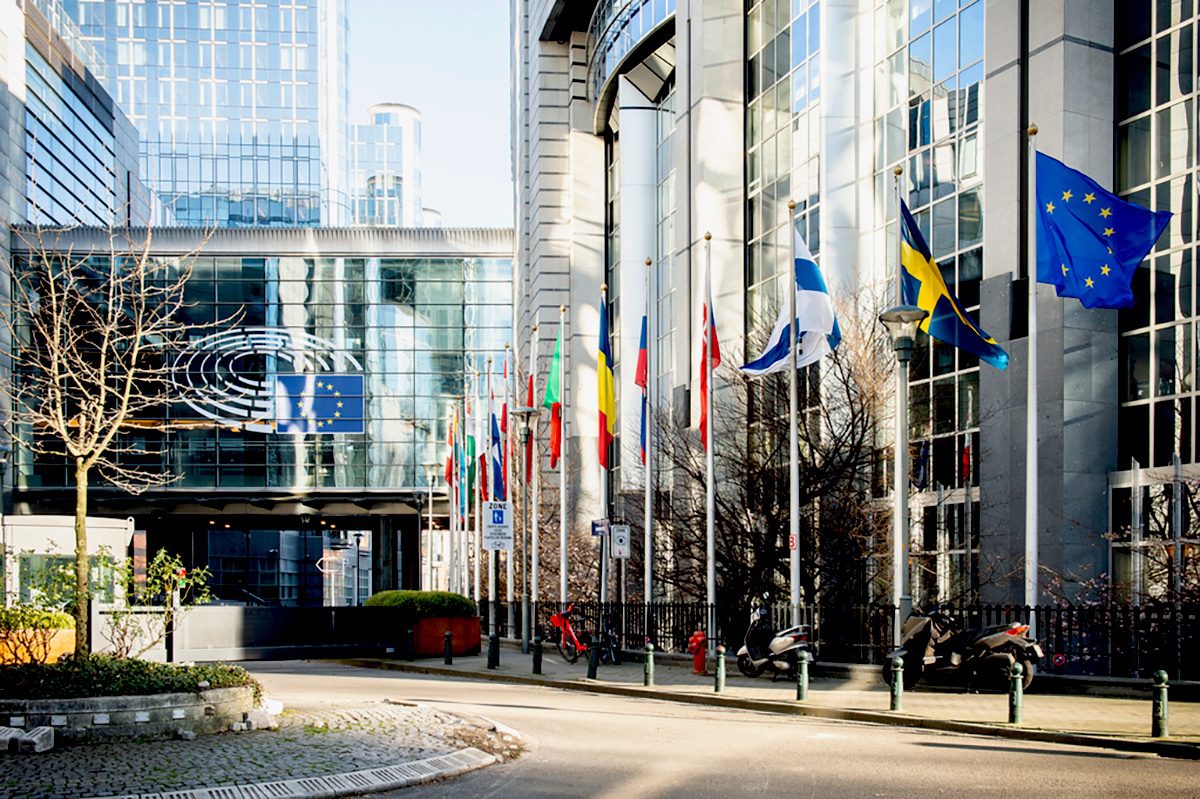

© FRVS+MPCP 2022. The European Times® News is registered as an EU Trademark. All rights reserved. The European Times® and the logo of The European Times® are EU trademarks registered by FRVS+MPCP.
Members/Partners of

About Us
Popular Category
DISCLAIMER OPINIONS: The opinions of the authors or reproduced in the articles are the ones of those stating them and it is their own responsibility. Should you find any incorrections you can always contact the newsdesk to seek a correction or right of replay.
DISCLAIMER TRANSLATIONS: All articles in this site are published in English. The translated versions are done through an automated process known as neural translations. If in doubt, always refer to the original article. Thank you for understanding.
DISCLAIMER PHOTOS: We mostly used photos images that are readily available online, from free sources, or from the people promoting the news. If by any chance it happens that we have used one of your copyrighted photos, please do not hesitate to contact us and we will take it down without question. We do not make profits as this is a not for profit project to give voice to the voiceless while giving them a platform to be informed also of general news, and it is completely free.
Editor Picks
Politics
Monetary policy decisions
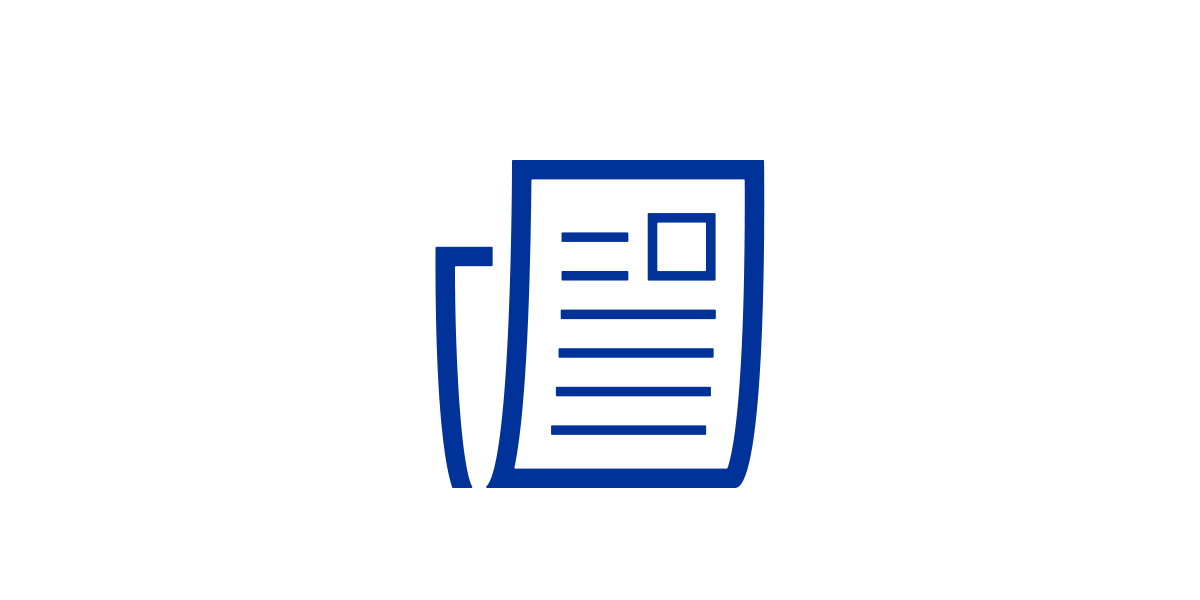
17 April 2025
The Governing Council today decided to lower the three key ECB interest rates by 25 basis points. In particular, the decision to lower the deposit facility rate – the rate through which the Governing Council steers the monetary policy stance – is based on its updated assessment of the inflation outlook, the dynamics of underlying inflation and the strength of monetary policy transmission.
The disinflation process is well on track. Inflation has continued to develop as staff expected, with both headline and core inflation declining in March. Services inflation has also eased markedly over recent months. Most measures of underlying inflation suggest that inflation will settle at around the Governing Council’s 2% medium-term target on a sustained basis. Wage growth is moderating, and profits are partially buffering the impact of still elevated wage growth on inflation. The euro area economy has been building up some resilience against global shocks, but the outlook for growth has deteriorated owing to rising trade tensions. Increased uncertainty is likely to reduce confidence among households and firms, and the adverse and volatile market response to the trade tensions is likely to have a tightening impact on financing conditions. These factors may further weigh on the economic outlook for the euro area.
The Governing Council is determined to ensure that inflation stabilises sustainably at its 2% medium-term target. Especially in current conditions of exceptional uncertainty, it will follow a data-dependent and meeting-by-meeting approach to determining the appropriate monetary policy stance. In particular, the Governing Council’s interest rate decisions will be based on its assessment of the inflation outlook in light of the incoming economic and financial data, the dynamics of underlying inflation and the strength of monetary policy transmission. The Governing Council is not pre-committing to a particular rate path.
Key ECB interest rates
The Governing Council today decided to lower the three key ECB interest rates by 25 basis points. Accordingly, the interest rates on the deposit facility, the main refinancing operations and the marginal lending facility will be decreased to 2.25%, 2.40% and 2.65% respectively, with effect from 23 April 2025.
Asset purchase programme (APP) and pandemic emergency purchase programme (PEPP)
The APP and PEPP portfolios are declining at a measured and predictable pace, as the Eurosystem no longer reinvests the principal payments from maturing securities.
***
The Governing Council stands ready to adjust all of its instruments within its mandate to ensure that inflation stabilises sustainably at its 2% target over the medium term and to preserve the smooth functioning of monetary policy transmission. Moreover, the Transmission Protection Instrument is available to counter unwarranted, disorderly market dynamics that pose a serious threat to the transmission of monetary policy across all euro area countries, thus allowing the Governing Council to more effectively deliver on its price stability mandate.
The President of the ECB will comment on the considerations underlying these decisions at a press conference starting at 14:45 CET today.
Source link
Politics
Prior Information Notice – Enhancing Animal Health and Welfare: Harmonising EU Legal Frameworks through the BTSF Initiative
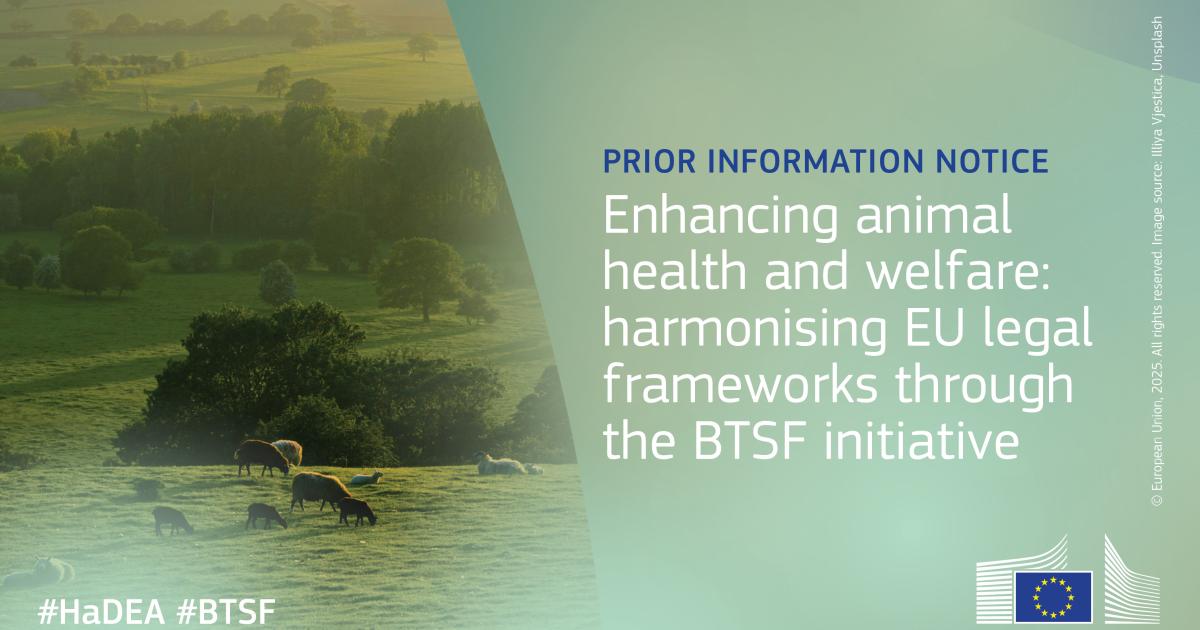


DISCLAIMER: Information and opinions reproduced in the articles are the ones of those stating them and it is their own responsibility. Publication in The European Times does not automatically means endorsement of the view, but the right to express it.
DISCLAIMER TRANSLATIONS: All articles in this site are published in English. The translated versions are done through an automated process known as neural translations. If in doubt, always refer to the original article. Thank you for understanding.

– Advertisement –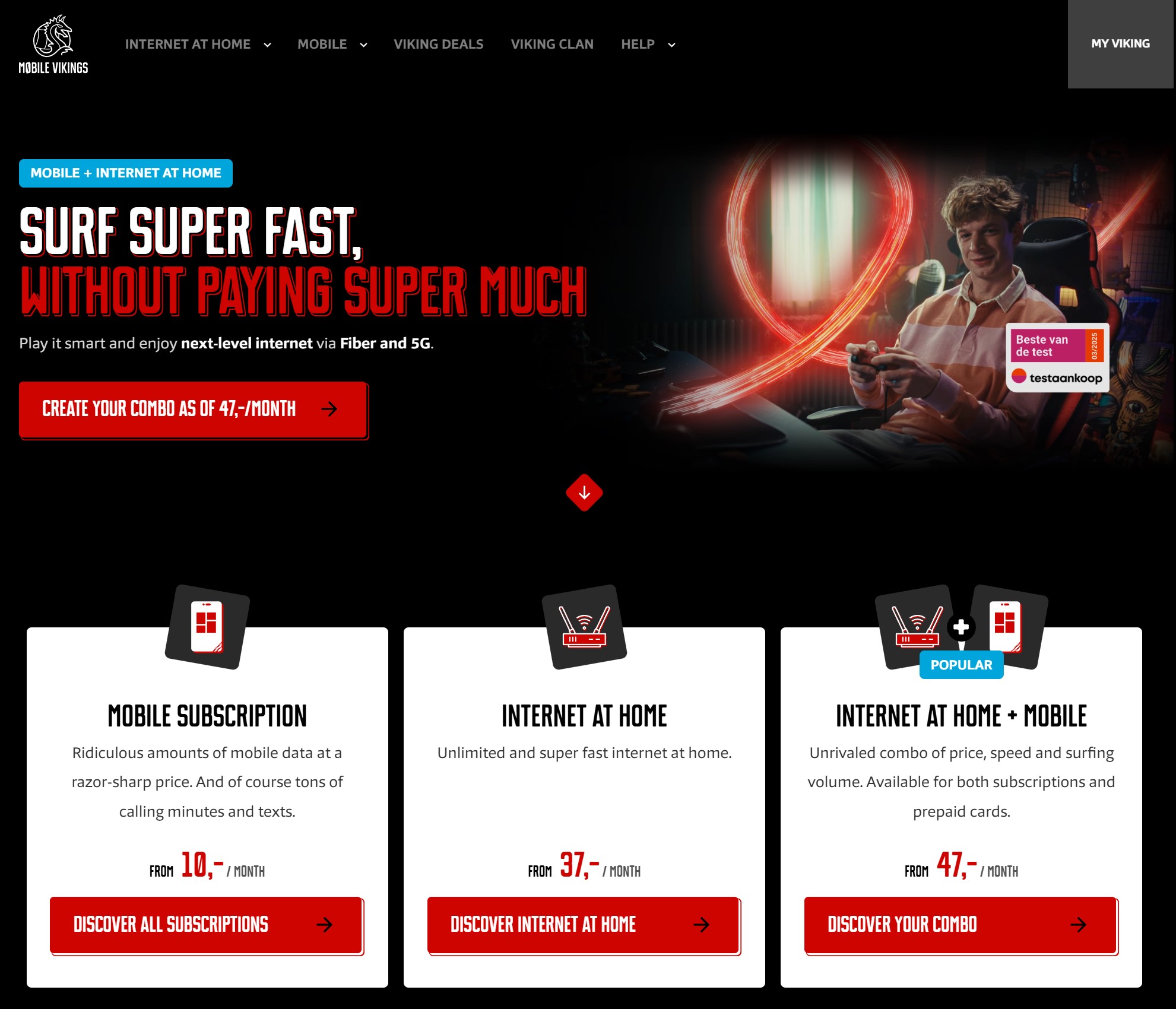
– Advertisement –
HaDEA has published the Prior Information Notice HADEA/2025/OP/0012-PIN – Enhancing Animal Health and Welfare in EU Member States and Candidate Countries: Harmonising EU Legal Frameworks through the ‘Better Training for Safer Food’ Initiative.
The subject of this call for tenders is the organisation and implementation of training activities on Animal Health and Animal Welfare Law under the “Better Training for Safer Food” initiative. The execution of the tasks will be divided in two separate phases of 30 months each. The main objectives of this call for tenders are:
- Protecting the EU from animal diseases
- Harmonising EU legislation
- Promoting sustainable food systems
- Supporting DG SANTE priorities and enhancing global recognition of EU standards
The main beneficiaries will be EU Member States and Candidate Countries, with some non-EU countries (EU Neighborhood countries), which will be also covered based on European Commission strategic objectives.
Estimated budget: €3 900 000
Interested parties are invited to check the Funding and Tenders Portal for the upcoming publication of the call for tenders.
Background
Better Training for Safer Food (BTSF) is a European Commission training initiative to improve the knowledge and implementation of EU rules covering food safety, plant, animal, and One Health.
The basic training principles involve the delivery of information, knowledge sharing and networking, and using the train-the-trainer approach to disseminate the knowledge attained. Training delivery may be through face-to-face courses, virtual classrooms or eLearning.
Source link
More from the author
– EXCLUSIVE CONTENT –
-

 EU & the World5 days ago
EU & the World5 days agoHow Old Are the Menendez Brothers in 2025? Lyle and Erik’s Ages Today
-

 EU & the World6 days ago
EU & the World6 days agoWhere to Stream Coachella 2025: How to Watch the Show
-

 EU & the World5 days ago
EU & the World5 days agoCelebrities Going to Space: Katy Perry & More in the Blue Origin Crew
-

 Sports5 days ago
Sports5 days agoDavid Massey: “A historic edition for the Rolex Monte Carlo Masters.”
-

 EU & the World5 days ago
EU & the World5 days agoHow Did Kyren Lacy Die? Updates on the LSU Player’s Death
-

 EU & the World3 days ago
EU & the World3 days agoSedona Prince Allegations: Why She Wasn’t Selected in WNBA Draft
-

 Sports6 days ago
Sports6 days agoJannik Sinner-Federica Pellegrini storm: new outburst on social media
-

 Sports4 days ago
Sports4 days agoLuka Modric looks to the future: enters as minority owner of Swansea








